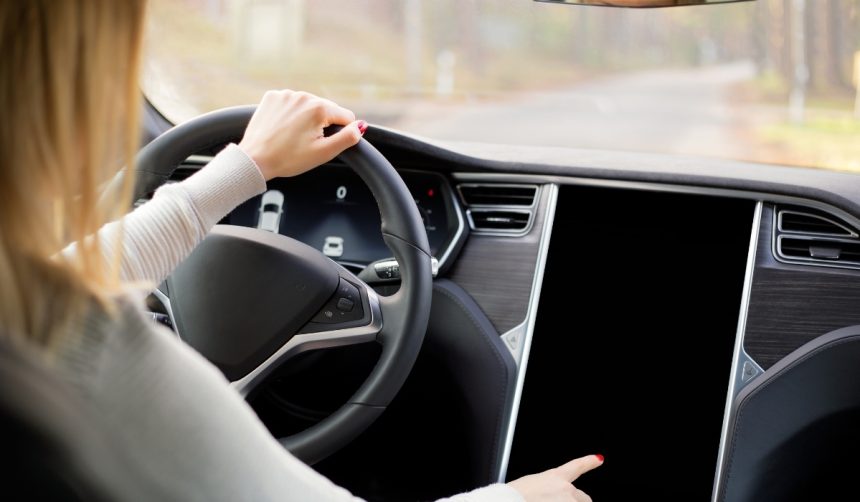Tesla has initiated its long-anticipated entry into the Indian automotive market, signaling a new effort to introduce its electric vehicles to a country with rising interest in sustainable transport. After years of uncertainty and negotiation, the company is preparing for an official launch, setting the stage for competition among domestic and international players. The electric vehicle sector in India has seen modest but steady growth, and the arrival of Tesla is generating both curiosity and debate among industry watchers regarding the potential impact on local manufacturing and consumer choice.
When discussions of Tesla’s expansion to India arose in earlier reports, speculation abounded about vehicle sourcing and regulatory complications. Expectations initially centered on Gigafactory Berlin, but current information confirms Tesla is shipping Model Y Rear-Wheel-Drive units from its Shanghai facility instead. Import duties had long been a barrier, with previous rates above 100 percent, making local market entry economically challenging for foreign automakers. Now, reduced tariffs combined with required investment commitments provide fresh pathways for brands like Tesla. The specifics of rollout timing and product mix have also shifted, with recent sources indicating a more aggressive import strategy than previously reported.
Why Is Tesla Moving Forward in India Now?
The decision to proceed arrives after protracted discussions with Indian authorities over trade and manufacturing terms. A reduction in import duties from 110 percent to 15 percent, contingent on planned investment and sales goals, proved pivotal. These developments followed a meeting between CEO Elon Musk and Prime Minister Narendra Modi in the United States earlier this year, leading to a reported agreement that encourages Tesla’s presence. By taking these steps, Tesla secures initial access to a car market with low but growing electric vehicle adoption rates.
How Is Tesla Organizing Its Initial India Launch?
Company sources state that the first batch of vehicles being shipped consists of Model Y Rear-Wheel-Drive configurations manufactured in Shanghai.
The brand is also organizing support services, including Supercharging infrastructure, aftermarket parts, and merchandise availability for Indian customers and enthusiasts.
In addition, parts supply operations are being established using resources from the United States, China, and the Netherlands to streamline maintenance and after-sales support.
What Is the Indian Government’s Position?
Indian authorities had enforced a protectionist policy favoring domestic manufacturing, thus imposing high tariffs on imported vehicles. The new adjusted framework, granting significant tariff relief to automakers satisfying local investment requirements, aims to attract foreign investment while still encouraging job creation and production within India. This model balances government interests in industrial growth with consumer demand for expanded product variety from leading global brands.
Tesla’s expansion into India is a significant moment both for the company and the wider Indian auto industry. As electric vehicle infrastructure and policies evolve, global manufacturers must assess not only market potential, but also the logistics of supply chains and localized support. The shift in India’s tariff regulations signals increased openness, though competition with domestic brands and meeting local requirements will remain essential hurdles. For consumers, Tesla’s entry could add further impetus to the adoption of electric vehicles, but affordability and long-term service reliability are likely to influence outcomes. Cooperations on charging stations and access to spare parts may also shape consumer perceptions, especially as options widen with more imports permitted. Market observers recommend tracking both regulatory adjustments and public response as key metrics to evaluate future progress in the sector.
- Tesla is sending Shanghai-made Model Y cars to India for a new launch.
- Reduced tariffs and local investment rules influenced the company’s decision.
- India’s electric vehicle market is small but expects accelerated growth.










